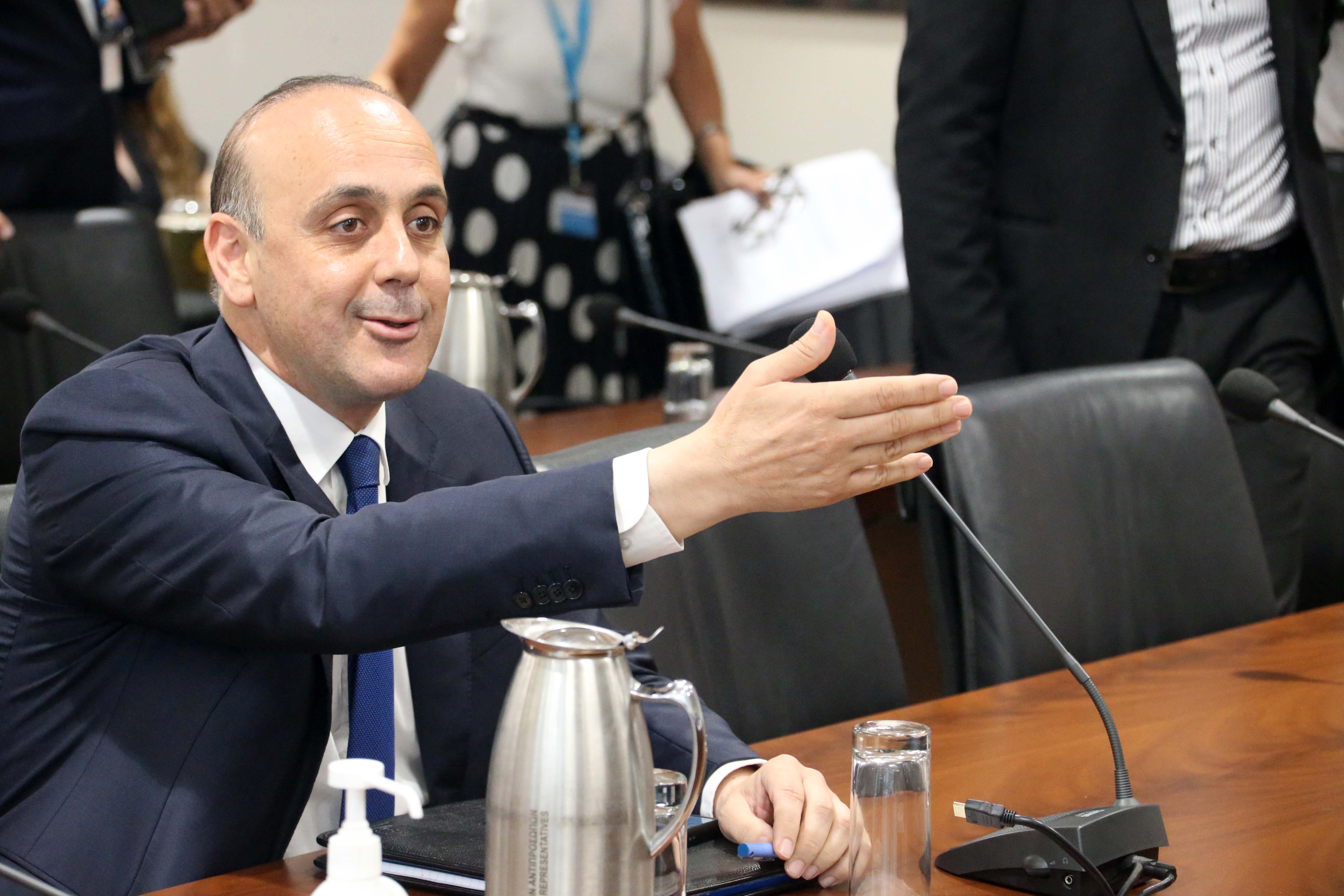The drug problem in the island’s schools has risen to the level of organised crime involving recruitment, trafficking and distribution and the failure to put a stop to it is systemic, MPs heard on Monday.
The issue was brought to the attention of the House human rights committee by Paphos mayor Phedonas Phedonos, who attended Monday’s session. He had written to the House, alarmed over the uncontrolled situation in his district.
MPs heard statistics from anti-drug authorities revealing that so far this year some 2,154 seizures of narcotics were recorded in schools islandwide, most of which were in the form of cannabis jellybeans, which are harder to detect and are directly targeted at children and adolescents.
Several of those who spoke at the committee said everyone knew what was going on from police to teachers, parents and the ministry of education and nothing was being done.
Committee chair Irini Charalambidou it was time to stop “interpreting the rules” and start implementing the law.
She said a representative of the education ministry had laid it out in “vivid colour”. “It’s beginning to take on the form of organised crime in some schools,” she said.
“The state can no longer be an ostrich. The police cannot be the only one responsible for managing the issue,” she added. At the prevention level, there should be cooperation from many involved bodies and mainly from parents, Charalambidou said.
Disy MP Kyriacos Hadjiyiannis said the state had essentially surrendered to the drug trafficking networks.
“There is a systemic weakness in our country, a lack of political will to address this,” he said.
Another Disy MP, Rita Superman, said the question was whether the measures being taken were capable of addressing the problem to a satisfactory degree.
“The answer, and based on the numbers, is no,” she said.
Dipa MP Michalis Yiakoumi said: “The ministry is silent. Drug use and trafficking is no longer limited to marginal environments. It has crossed the threshold of our schools. This is established, confirmed, numerically recorded.”
Yiakoumi said at least five schools in Paphos were allegedly directly linked to incidents of drug use and trafficking by students. “The complaints are specific, with reports from parents, principals, teachers, but also the police and the ministry,” he added.
“Behind every such case there is organisation, recruitment, a network. Organised crime now has the power and resources to spread methodically through schools. The recruiters are powerful and the illegal money that moves is enormous.”
Phedonas in his statements said there were structured networks in several schools that recruit, trade and distribute with hierarchies.
“All of these children, some aged 13 and 14, will be tomorrow’s players in organised crime,” the mayor said. “The state must act today and not tomorrow.”
He said he was not satisfied with the answers he got at the committee, but the session and what the MPs heard all round showed he was not trying to be populist, he said.
“These mediocre and incompetent people on the one hand who cannot suppress this phenomenon, when you bring it to the surface, they say it is populism, that it does not exist,” he said.






Click here to change your cookie preferences